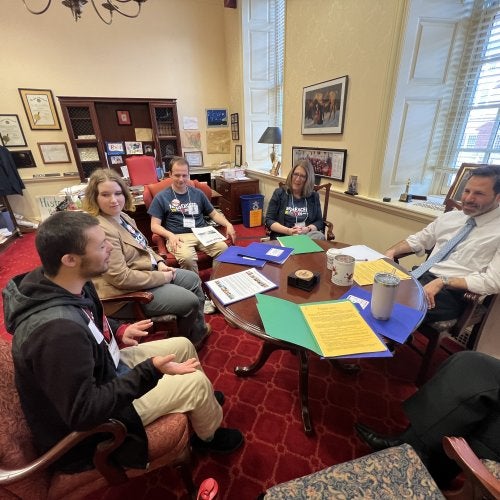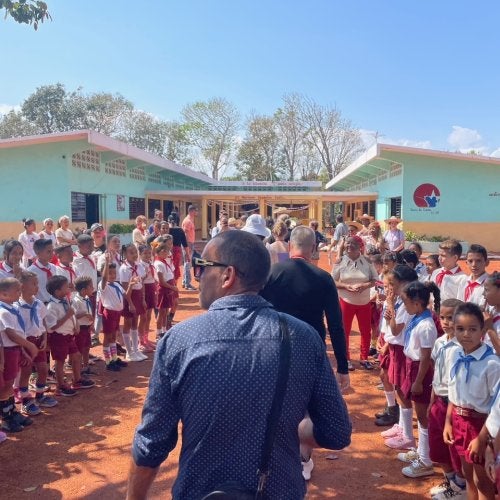
– A new report from the National Academies of Science, Engineering and Medicine studied the impact of parenting on child development in young children. Natasha Cabrera, a professor in the UMD College of Education was a co-author of the report, “Parenting Matters: Supporting Parents of Children Ages 0-8.”
As interest in early childhood interventions continues to rise— with rapid brain development in the early childhood years setting lifelong foundations for learning capacity and emotional and behavioral health — researchers are also expanding their interest toward parents and the impact they have on their children in those formative years.
“The impact of parents may never be greater than during the earliest years of life, when a child’s brain is rapidly developing and when nearly all of her or his experiences are created and shaped by parents and the family environment,” the report states.
There are challenges in widespread implementation of effective parenting strategies, including a lack of knowledge about best practices, family hardships such as poverty and violence, and technology, which can provide families access to both reliable and unreliable information. American families are also more diverse that in decades past, with more multi-cultural and immigrant families than ever before. There are also more non-traditional families today: in 2015, about 65 percent of children under 18 lived with two married parents, a drop of 20 percentage points from 1960.
For their study, the NAS committee conducted an extensive review of the scientific literature on the topic, and they also hosted public information-gathering sessions and group and individual semistructured interviews.
Researchers focused on parenting attitudes and practices, federal policies and programs for children and parents, interventions that both widely-used and those targeted toward special needs children, and ways to increase program participation and engagement.
The committee made several recommendations based on their findings, including:
- Increasing access to evidence-based parenting strategies, making the information as widely available as possible,
- Training professionals in ways to work with parents and promoting parenting-based interventions, and
- Improving the implementation of research findings into practice.
Dr. Cabrera is a professor in the Department of Human Development and Quantitative Methodology and the director of the university’s Family Involvement Laboratory and served on the 31-member committee for the NAS study. Her research centers on parenting and children's cognitive and social development, parent involvement in schools and children's achievement, and cultural and ethnic differences in parenting behaviors and children's outcomes.



